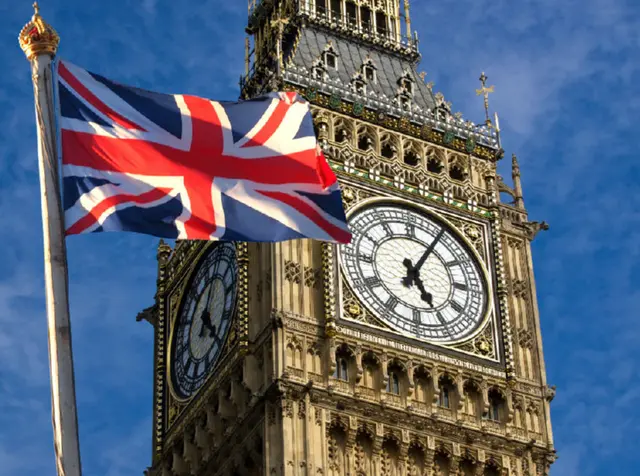By APD writer Wang Peng
Along with the explosions made be suicide bombers, the British election is still held as scheduled under the darkening shadow of terrorist threat.
Just about fifty days ago, Theresa May, the newly-elected prime minister of the UK, was seemingly wise to claim an early general election. There is no doubt that at that time, she is confident in the current situation, and therefore hopes to maintain and even further expand the advantage of the Conservative Party in both the congressional seats and public opinion. If so, it will be highly possible that the Conservative Party obtain the required majority of votes and hence organize a separate cabinet, rather than a weak joint cabinet. Then Theresa May may become her idol, Margaret Thatcher, the Iron Lady II.
However, as the old prober said, ‘Man proposes but God disposes’. The situation changed a lot during these two months after a series of horrible terrorist attacks. Facing the ever-shrinking advantage, various uncertainties cast a cloud over the final results of the British election.
Do Teresa Mei’s little tricks matter? Or was she just shooting herself in her foot? Some media such as the Press Association (PA) just plays the title-game as ‘May regretting election call now’ directly. However, and some scholars have pointed out that the latest poll shows that the Conservative Party is still leading the Labour Party seven percentage points. It proves the success of May’s strategy of calling an election ahead of time to strengthen Britain’s initiative to withdraw from the EU.
What is more important than the result of the election (whether the Conservative Party can maintain the declining advantage of the polls) is the increasingly fragmented trend in British public opinion on various issues. At the moment Britain is in big trouble and hence badly need reform in different aspects: security (growing terrorist threat), economy (long-term economic sluggish), and society (political turmoil and widening social gap).
To cure the ‘British Patience’, the new generation of political leaders must have enough power, as well as strong social coherence and consensus. Certainly, too much power authorized may raise the brutal dictators who are likely to abuse the power and violate the rights of the people. However, these problems are most likely to occur in countries that lack of tradition of democracy and balance-of-power. Democratic countries such as the United Kingdom are facing problems of another kind: the overflow rather than absence of check-and-balance. As a result, any politician or party who come to power are unable to take effective actions to reform the political structure, economic structure, and society as a whole.
If there is no major accident, the results of this British election is very likely that the Conservative Party to win a smaller advantage. But it is difficult to separate the cabinet. We note that during these 50 days, May also made her every effort to combine the traditional communist voters and “steel the tickets”. It seems to be a smart way to create a “united front” shared by the Conservative Party and the right side of the Communist Party voters. It is undoubtedly necessary for her and her party to be able to get enough parliament and public support, in order to maintain proper flexibility and authority in the upcoming tough negotiation with the EU.
In addition, we also note that, similar to many other Western democracies, the United Kingdom is also facing a common problem: the people, especially the young generation under the age of 30, are becoming increasingly politically indifferent. According to the latest poll and interview, the estimated British youth voter turnout is almost impossible to reach 50 percent. Young people are the future of both the country and the Party. When the young generations are politically enthusiastic and willing to contribute to the political stability, economic development and social harmony of their country, it will be strong and prosperous. By contrast, if the young people (no matter the native-white, new immigrants, or the descendant of the first generation of immigrants) share the pessimism and disappointment to the electoral system of the country, or lack of confidence in changing their own fate through personal strivings in economy, then the country will be destined to bleak prospects, and these young people will also be likely to become the victims under the control of extreme ideas and terrorist organizations.
 简体中文
简体中文



